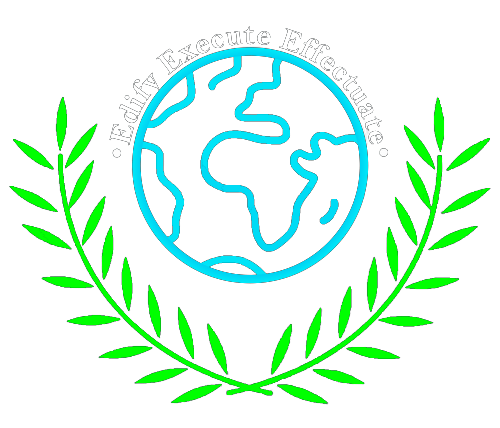REWIRING THE ENGINES OF GROWTH: SMART INFRASTRUCTURE FOR RESILIENT CITIES IN THE GLOBAL SOUTH
Authors: Abhay Kumar, Vidushi Dwivedi, Munira Mahmud, Oluwatosin Owolabi Lajuwomi, Kashak Soni, Sayma Akter Santa, Kashak Soni ABSTRACT Urbanisation is no longer a choice but a condition of the 21st century. With over half the world’spopulation now living in cities—and much of that growth concentrated in the Global South—the question is not whether cities will expand, but whether they will do so equitably,sustainably, and humanely. This research reimagines cities as not just engines of economicgrowth but as ecosystems of care, coexistence, and collective well-being. Against the backdropof infrastructural decay, informal settlements, and deepening inequalities, this paper proposesa reframing of “smart cities”—not as technologically saturated spaces but as inclusive,adaptive, and just habitats that respond to the needs of all, not just the privileged few.Drawing on the metaphor of legacy cities as outdated cars, the paper calls for a deep structuraloverhaul rather than superficial digital upgrades. Smartness, it argues, must be infused withempathy, equity, and sustainability. Case studies from India, Colombia, Kenya, Austria, andSouth Africa illustrate how data-driven technologies and nature-based solutions can transformaccess to basic services such as water, transport, safety, and sanitation—particularly inmarginalised urban zones. At the core is the proposed 3A Framework: infrastructure must be Adaptive to climate andsystemic shocks, Accessible to historically excluded communities, and Agile enough to evolvewith dynamic urban needs. The study critiques how dominant urban models marginalise thelived experiences of women, LGBTQIA+ persons, migrants, and non-human species byprioritising top-down, technocratic planning. Gender-inclusive planning, the integration of mental health and psychosocial support(MHPSS), and recognition of animal life as part of urban ecosystems emerge as critical pillarsof inclusive smart cities. From Pune’s trans-inclusive toilets to Nairobi’s digital literacy forLGBTQIA+ youth and Jaipur’s humane animal control programs, the study documents howcities can be reimagined as sites of belonging and dignity. The research also calls for transforming urban governance into a co-governed, multi-actorprocess that breaks down institutional silos and embeds ethics in planning. Ultimately, itpresents a blueprint for building cities in the Global South that are not only digitally enabled,but emotionally, socially, and ecologically intelligent. It asks: What if smart cities were not justabout better tools—but better values?
